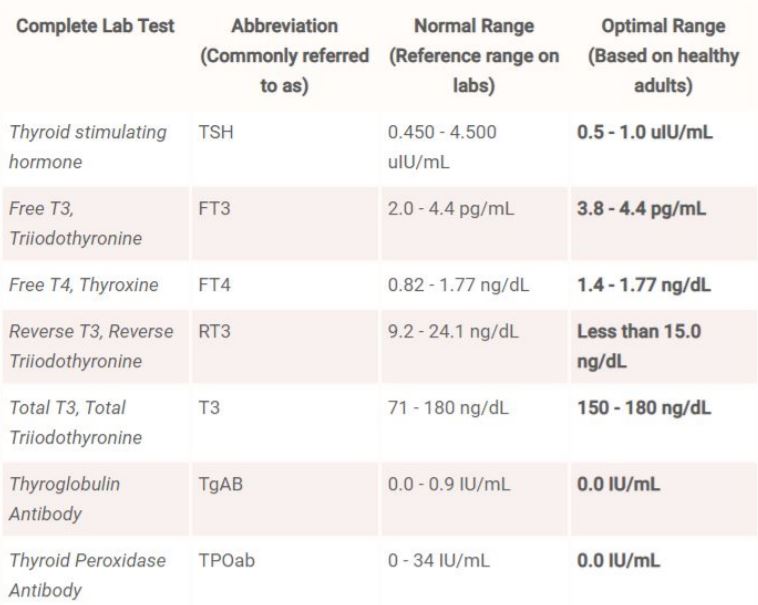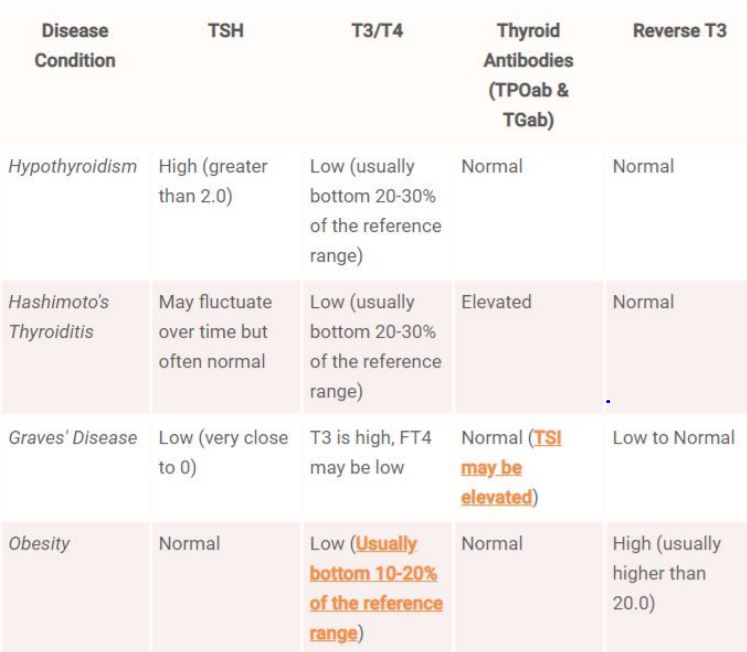Nutrients below you should be regularly taking to maintain a healthy and functional thyroid. The top natural nutrients are:
- iodine (see weed and algae kelp);
- selenium (one Brazil nut per day);
- zinc (shellfish, dairy, legumes, pees, lentils, nuts, and seeds if you take them with protein rich food).
A diet optimizing these nutrients is vital to your health. The best way to get the daily requirement of these minerals and nutrients is to eat a balanced diet. If this isn’t possible, supplements are available.
Avoid eating any food within 1 to 2 hours of taking thyroid medication, since it affects how the medication is absorbed in the body. Always discuss any changes in your diet or medication with your doctor.
In addition, some diets are thought to be beneficial for people with Hashimoto disease:
Iodine
The mineral iodine is common in a Western diet because it’s in foods like salt and bread. For this reason, it’s uncommon for people in developed countries to be iodine deficient.
Still, it’s important to be conscious of the iodine in your diet. Too little iodine can cause goiters in some people. Too much iodine can make hypothyroidism worse. This is because iodine is vital to the production of thyroid hormone.
You can naturally add iodine to your diet by eating iodine-rich foods such as:
- seafood
- pink table salt
- organic eggs (chicken or duck)
- potatoes
- cow’s milk, colostrum
Be careful if you choose to eat foods packed with iodine, such as seaweed, kelp, or iodine drops.
Selenium
The thyroid has the highest selenium content in the entire body. There’s no solid scientific evidence backing the use of selenium to treat Hashimoto. However, people with the disease who take selenium supplements have shown a decrease in the number of antibodies attacking the thyroid.
Foods rich in selenium include:
Zinc
Zinc is an essential element used to produce thyroid hormone. Taking zinc supplements has been shown to increase thyroid hormone levels in people with goiters.
Zinc deficits, like iodine, are extremely uncommon in the developed world. If you want to add more zinc to your diet, the following foods are excellent sources:
Paleo diet
The paleo diet (sometimes called the caveman diet) focuses on eating what humans during the Paleolithic period of evolution ate. The focus is on “hunter-and-gatherer” style food.
Because it eliminates foods that can trigger an autoimmune reaction (such as grains, dairy, and highly processed food), the paleo diet is a highly effective diet for Hashimoto’s disease.
The anti-inflammatory benefits of the paleo diet can be achieved by eating the following foods:
Gluten-free diet
While foods containing gluten aren’t the cause of Hashimoto disease, for some people, those foods can trigger an autoimmune response. This results in inflammation and tissue destruction.
Gluten is part of every wheat flour product and can hide in many different foods. You should avoid:
- wheat
- barley
- cookies
- cakes
- pizza
- pasta
- any bread
Gluten-free alternatives for common flour-based foods are available, though they can be expensive. For people suffering from Hashimoto disease, the best bet is to give the gluten-free diet a try and see if it improves your symptoms.
Vegetarian and vegan diets
Vegetarians don’t eat meat, and vegans don’t eat any animal products, including milk, butter and eggs.
These diets are said to help improve the autoimmune response involved in Hashimoto disease. They also reduce inflammation and promote gut health.
However, be aware that vegetarian and vegan diets can leave you deficient in important vitamins and minerals such as iron, B-12, and vitamin D. Supplements should help balance the nutritional deficiencies found in this type of diet.
If you choose to experiment with this diet to improve your thyroid and gut health, focus on introducing whole, plant-based foods into your diet like:
- fruits
- vegetables
- nuts, seeds
- vegetable oils
- legumes like lentils and beans
- vegetables proteins like tofu and tempeh
Worst diet for Hashimoto disease
In addition to foods that help the thyroid, there are specific foods in certain amounts that can have a negative impact on the thyroid. Gluten and goitrogens are the worst foods to have in your diet if you have Hashimoto disease.
Gluten
Studies have found a correlation between Hashimoto’s disease and gluten sensitivity. Some researchers even suggest that gluten intolerance can be largely attributed to all autoimmune disorders. If you’re suffering from Hashimoto disease and your symptoms aren’t improving with lifestyle change and medication, try eliminating gluten from your diet and see if your symptoms improve. Try to avoid foods that include the following:
- wheat, which is common in breads, cookies, and crackers;
- barley, which is common in soups and stews;
- rye, which is common in bread and whiskey.
Goitrogens
Goitrogens are pollutants that prevent the thyroid from functioning properly. If taken in large doses or every day, they can aggravate your condition and disrupt the production of hormones.
Goitrogens are most common in cruciferous vegetables such as:
- cauliflower, cabbage, broccoli, bok choy
These foods don’t pose much of a threat if you eat small amounts. While people with goiters should be especially wary of goitrogens, most people with Hashimoto disease won’t negatively impact their symptoms unless they a lot of these foods every day. Only once or twice a week is acceptable.
Bloods to check if Hashimoto disease is suspected:
❏ TSH (Thyroid stimulating hormone);
❏ Free T3 (Free Triiodothyronine);
❏ Free T4 (Free Thyroxine);
❏ T4 (Thyroxine);
❏ Reverse T3 (Reverse Triiodothyronine);
❏ Total T3 (Total triiodothyronine);
❏ Thyroglobulin Antibody;
❏ Thyroid Peroxidase Antibody.
All from the above (except Reverse T3) can be checked for £55 from the finger prick blood test at home using www.thriva.co service.

